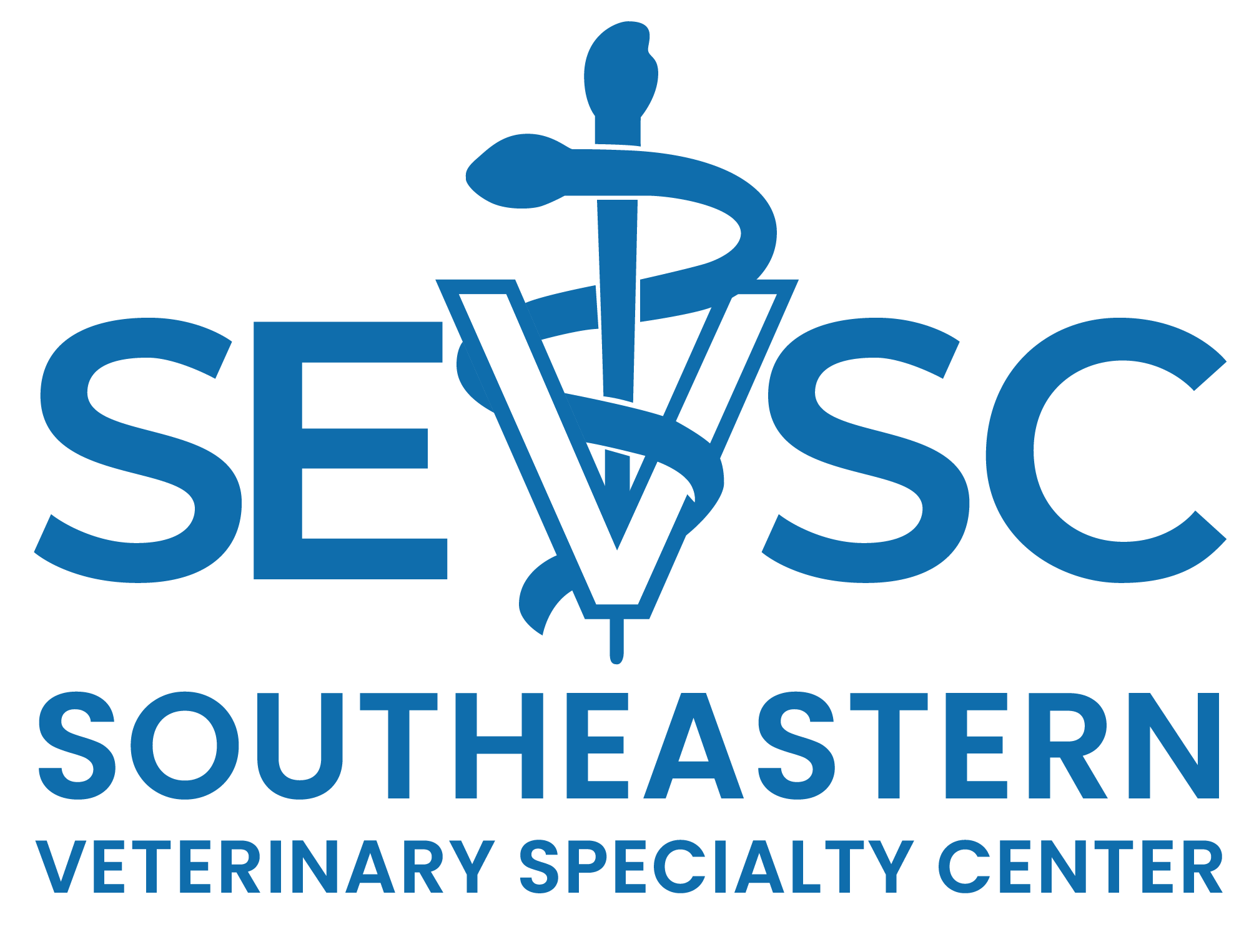What is the most common surgery performed in your hospital?
TPLO or Tibial Plateau Leveling Osteotomy, is the most common procedure we perform.
Where can I find valid, reliable information about my pet’s surgical disease?
We encourage owners not to read individuals’ internet postings or unvalidated websites. The American College of Veterinary Surgeons has created a website for owners with valid, reliable information. Click the link to learn more http://www.acvs.org/small-animal
How can I make an appointment to have my pet evaluated for surgery?
See your family veterinarian for an initial evaluation. If your veterinarian determines that your pet is in need of our expertise, he/she will refer you to our practice.
What cost is involved?
After an examination and consultation with a Veterinarian, costs associated with any further diagnostics and surgeries will be discussed on a case-by-case basis. As you can imagine, each case is unique and some surgeries are more complex than others.
What happens when I bring my pet for evaluation?
One of our veterinary staff will take a brief history and your pet’s vital signs (temperature, pulse and respiration). Next, the Veterinarian will take any additional information and examine your pet. Most often, further diagnostics will be indicated (bloodwork, X-rays, cytology, etc.) Sedation is sometimes required and diagnostics are usually performed while you wait. The surgeon will discuss the results and recommendations for further treatment (surgery, medications, etc.). If surgery is indicated, an estimate for surgery will be provided and surgery will be scheduled for a later date.
What should I bring with my pet for the evaluation?
- Copies of recent X-rays, bloodwork and medical records
- All current medications, prescription and over-the-counter (make note of the scheduled times for the next doses)
- Any special medically required diet
What should I do for my pet before his/her appointment?
Do not give pain/anti-inflammatory medication the day of your appointment. If your pet has special needs or is diabetic, contact our office for specialized instructions.
